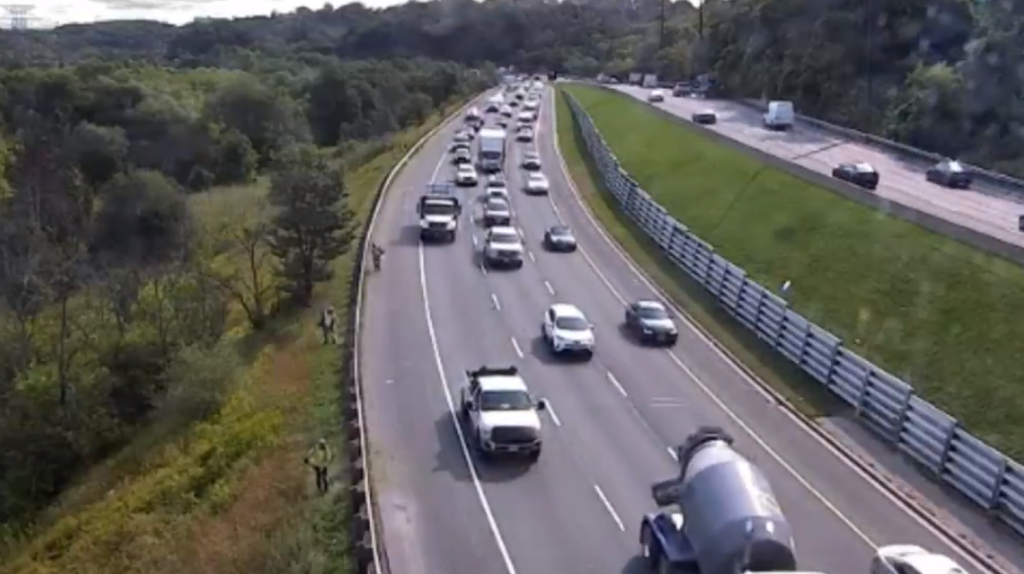In Wake Of Study Concerns, Ontario Delays Seasonal Flu Shots For All But Elderly
Posted September 24, 2009 6:05 pm.
This article is more than 5 years old.
Faced with puzzling but unconfirmed evidence that suggests a seasonal flu shot may raise the risk of catching swine flu, Ontario announced Thursday it is rescheduling its seasonal flu vaccine program to delay most of it until after pandemic vaccine has been administered.
At a news conference in Toronto, Dr. Arlene King, the province’s chief medical officer of health, said the seasonal and pandemic vaccines will be delivered in three waves, starting in October.
People 65 and older, who have been largely spared by swine flu but who are at greater risk from seasonal flu, will be offered seasonal shots then. When the pandemic vaccine becomes available in November, all in Ontario who want to be vaccinated will be given access to those shots.
Once the pandemic vaccination effort is completed, Ontario plans to resume the seasonal flu shot program, which offers free vaccination to anyone who wants it. By then, said Dr. Vivek Goel, president of the Ontario Agency for Health Protection and Promotion, the questions about a possible link between seasonal shots and swine flu infection may have been answered.
Drawn from a series of studies from British Columbia, Quebec and Ontario, the findings appear to suggest that people who got a seasonal flu shot last year are about twice as likely to catch swine flu as people who didn’t. The findings haven’t yet been published and few people have actually seen them.
But they have been looming like a spectre over decisions about vaccine delivery timing in Canada and are a source of consternation internationally.
“This has been a very difficult decision,” King said in an interview. “This has been difficult for everyone across the country.”
The head of the World Health Organization’s vaccine research initiative, Dr. Marie-Paule Kieny, said Thursday that researchers in the U.S., Britain and Australia have looked for the same effect and have not observed it.
People who have seen the unpublished scientific paper say the elevated risk – if it exists – is only that people who’ve had flu shots catch swine flu. It does not suggest they get more severe disease.
King admitted adjustments had been made, both to deal with the concerns raised by the unpublished study and the worries that there may be a double pronged flu season, with swine flu hitting children and adults under 60 or so and seasonal flu viruses targeting people over 65.
“Is it typical that we adjust our program? No it isn’t typical. But we are not dealing with a typical flu season this year,” King said.
Influenza expert Dr. Allison McGeer said the compromise makes sense.
“It’s a reasonable balance,” said McGeer, who is head of infection control at Toronto’s Mount Sinai Hospital. “(But) it has some obvious logistical challenges.”
McGeer acknowledged there was discussion about whether giving seasonal shots to seniors in October might actually spark more infections in that age group, if the effect seen in the unpublished paper is valid. But she said on balance it was thought that the risk seasonal flu viruses pose to this group outweighed the theoretical risk the studies showed.
And King noted that in the troubling data, the effect was not seen in people 65 and older.
Earlier in the week when it first emerged that some provinces were thinking of delaying their seasonal flu shot delivery efforts, a number of provinces expressed hope a pan-Canadian approach could be adopted.
King said that would have been desirable, if it were possible, but it became apparent that different jurisdictions were weighing factors differently and a one-size-fits-all solution seemed out of reach.










